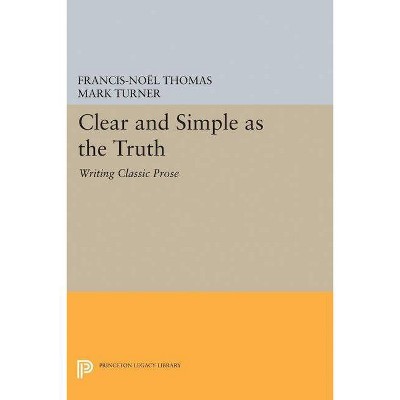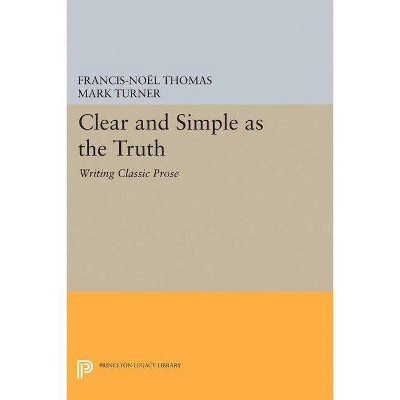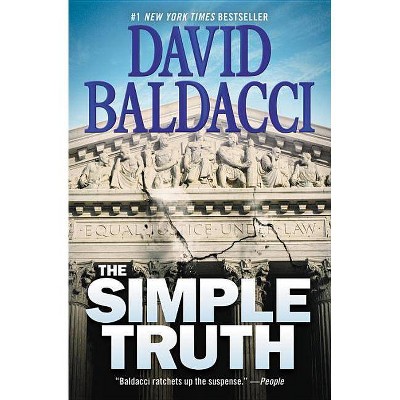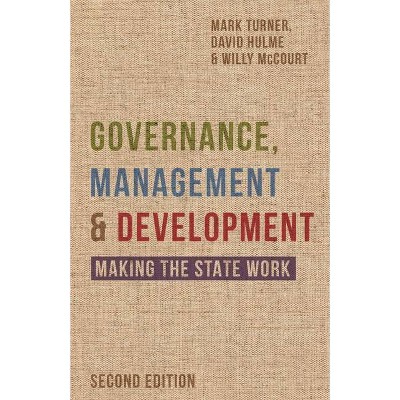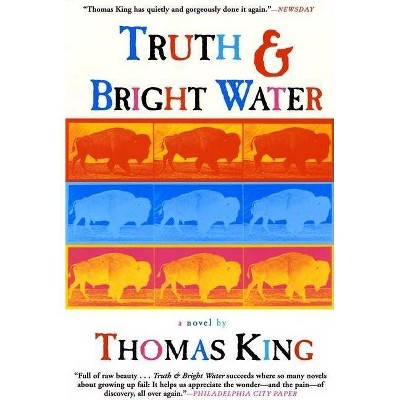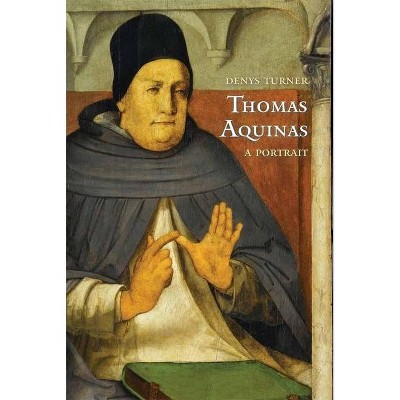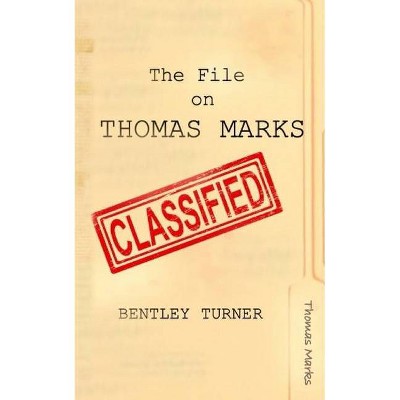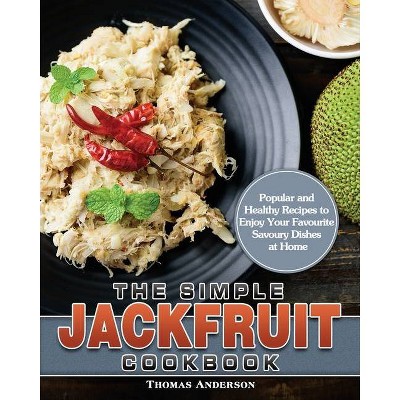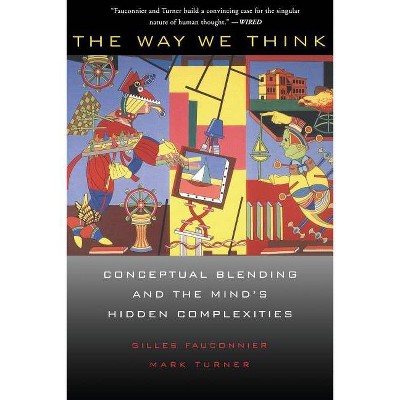Clear and Simple as the Truth - 2nd Edition by Francis-Noël Thomas & Mark Turner (Paperback)
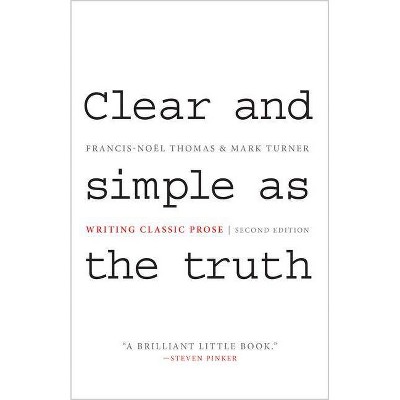
Similar Products
Products of same category from the store
AllProduct info
<p/><br></br><p><b> Book Synopsis </b></p></br></br><p>For more than a decade, <i>Clear and Simple as the Truth</i> has guided readers to consider style not as an elegant accessory of effective prose but as its very heart. Francis-Noël Thomas and Mark Turner present writing as an intellectual activity, not a passive application of verbal skills. In classic style, the motive is truth, the purpose is presentation, the reader and writer are intellectual equals, and the occasion is informal. This general style of presentation is at home everywhere, from business memos to personal letters and from magazine articles to student essays. Everyone talks about style, but no one explains it. The authors of this book do; and in doing so, they provoke the reader to consider style, not as an elegant accessory of effective prose, but as its very heart. <p/> At a time when writing skills have virtually disappeared, what can be done? If only people learned the principles of verbal correctness, the essential rules, wouldn't good prose simply fall into place? Thomas and Turner say no. Attending to rules of grammar, sense, and sentence structure will no more lead to effective prose than knowing the mechanics of a golf swing will lead to a hole-in-one. Furthermore, ten-step programs to better writing exacerbate the problem by failing to recognize, as Thomas and Turner point out, that there are many styles with different standards. <p/> The book is divided into four parts. The first, Principles of Classic Style, defines the style and contrasts it with a number of others. The Museum is a guided tour through examples of writing, both exquisite and execrable. The Studio, new to this edition, presents a series of structured exercises. Finally, Further Readings in Classic Prose offers a list of additional examples drawn from a range of times, places, and subjects. A companion website, classicprose.com, offers supplementary examples, exhibits, and commentary, and features a selection of pieces written by students in courses that used <i>Clear and Simple as the Truth</i> as a textbook.</p><p/><br></br><p><b> From the Back Cover </b></p></br></br><p>Praise for the first edition: "[<i>Clear and Simple as the Truth</i>] has changed the way that I write and think about writing."<b>--Paul Bloom, Yale University</b></p><p>Praise for the first edition: "Far and away the best how-to-write book I've ever read. It puts Strunk and White and everyone else in the shade."<b>--John E. Talbott, University of California, Santa Barbara</b></p><p>Praise for the first edition: "Thanks to Thomas and Turner, the cognitive revolution has finally caught up with the analysis of style--brilliantly, learnedly, and, above all, readably."<b>--David Lee Rubin, University of Virginia</b></p><p>Praise for the first edition: "<i>Clear and Simple as the Truth</i> holds the promise of raising the level of the nation's prose.... The book is full of cogency and insight."<b>--Frederick Crews</b></p><p>Praise for the first edition: "A work of great intellectual elegance and power. I have read it with a lot of pleasure, admiring the wisdom and economy of its reflections and the extraordinary range of its citations."<b>--Claude Rawson, Yale University</b></p><p>Praise for the first edition: "A treatment of the classic style that manifests the virtues of the writing it propounds, expounds, and exemplifies in a wealth of fascinating passages, brilliantly analyzed."<b>--M. H. Abrams, Cornell University</b></p><p>Praise for the first edition: "Could well be the most important discussion of style since the great classical rhetoricians."<b>--Wayne C. Booth, University of Chicago</b></p><p>Praise for the first edition: "One of the best discussions of style that I have recently read."<b>--Richard Preston, author of <i>The Hot Zone</i></b></p><p>Praise for the first edition: "The authors give one of the best discussions of style that I have ever read. Thomas and Turner juxtapose conventionally thought of as disparate, and thereby suggest possible new avenues of interpretation for critics of individual authors. <i>Clear and Simple as the Truth</i> occupies a niche of its own, as a kind of hybrid between books on writing such as <i>The Elements of Style</i> and <i>The Reader over Your Shoulder</i>, and more theoretical studies of representation, such as <i>Mimesis</i>."<b>--Richard Preston, author of <i>American Steel</i></b></p><p/><br></br><p><b> Review Quotes </b></p></br></br><br>[T]his book has value for the technical communicator who has an interest in style, and teachers who teach style in their classes. Thomas and Turner are right about the current crop of books that essentially ignore this way of writing, and their discussion of styles can be valuable to a fuller understanding of the relationship between thought and dress.<b>---Tom Warren, <i>Technical Communication</i></b><br><br>Praise for the first edition: Every once in a while a book comes along with the power to alter permanently the view of a subject you thought you knew well. For me this year, that book is <i>Clear and Simple as the Truth</i>.<b>---Denis Dutton, <i>Philosophy and Literature</i></b><br><br>Their model of 'classic prose' . . . elegantly captures the differences between vigorous and turgid writing.<b>---Steven Pinker, <i>New York Times Book Review</i></b><br><br>Winner of the 1996 Prix du Rayonnement de la langue et de la littérature françaises, Académie française<br><br>[I]n the hands of a good instructor and students who have a solid foundation in writing, the book could be quite empowering.-- "Choice"<br><br>Praise for the first edition: [For] the mature student, this is indeed a classic. For the connoisseur, it is indispensable.<b>---Thomas D'Evelyn, <i>Boston Book Review</i></b><br><br>Praise for the first edition: An acclaimed new reference manual.-- "The Chicago Sun Times"<br><br>Praise for the first edition: Thomas and Turner engagingly delineate the attributes of a classic style of writing. . . . In the second half, Thomas and Turner cite examples of classic style in excerpts from the writing of well-known literary figures.-- "Booklist"<br><br>Praise for the first edition: Whether they can spark a revival in classic writing is uncertain, but Thomas and Turner serve their topic well. A good choice for the serious stylist and those learning the craft.-- "Library Journal"<br><p/><br></br><p><b> About the Author </b></p></br></br><b>Francis-Nöel Thomas</b> is professor emeritus of humanities at Truman College, City Colleges of Chicago. <b>Mark Turner</b> is Institute Professor and professor of cognitive science at Case Western Reserve University.
Price History
Cheapest price in the interval: 24.99 on October 22, 2021
Most expensive price in the interval: 24.99 on December 20, 2021
Price Archive shows prices from various stores, lets you see history and find the cheapest. There is no actual sale on the website. For all support, inquiry and suggestion messagescommunication@pricearchive.us
